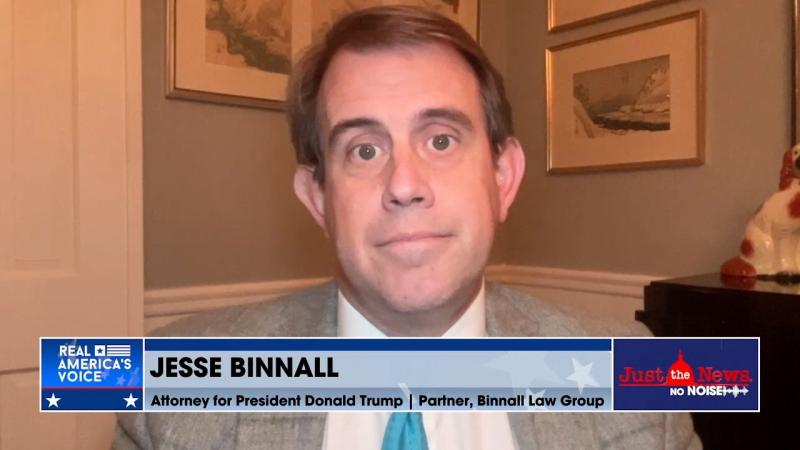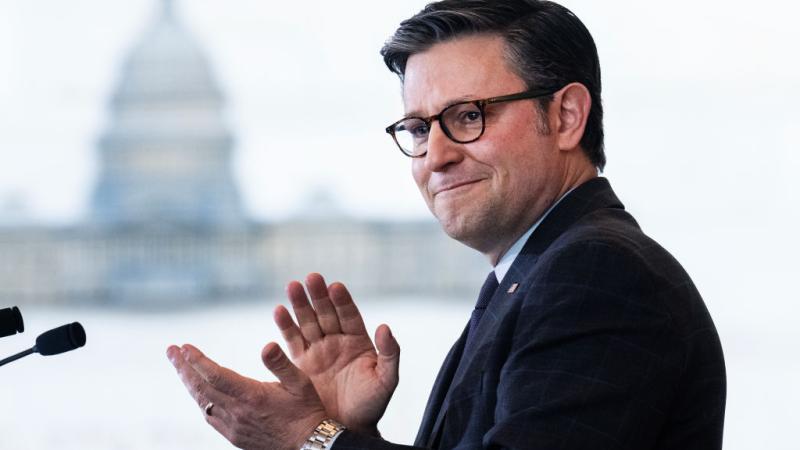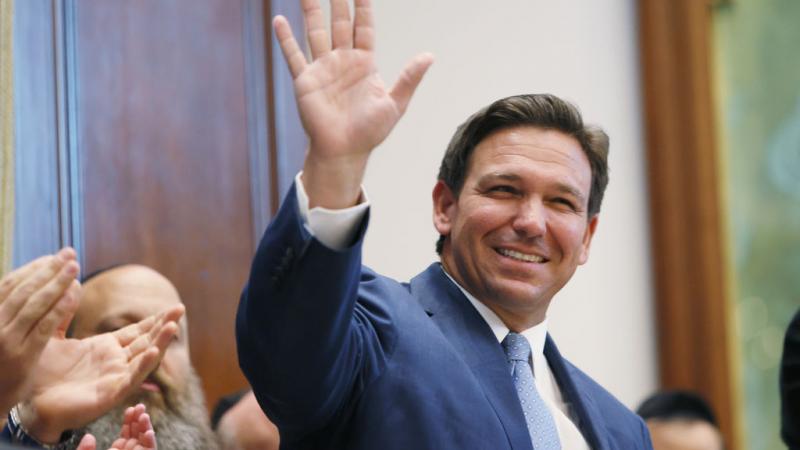Old case over audio tapes in Bill Clinton's sock drawer could impact Mar-a-Lago search dispute
Judge ruled in 2012 that a president's discretion to declare records "personal" is far-reaching and mostly unchallengeable.
When it comes to the National Archives, history has a funny way of repeating itself. And legal experts say a decade-old case over audio tapes that Bill Clinton once kept in his sock drawer may have significant impact over the FBI search of Melania Trump's closet and Donald Trump's personal office.
The case in question is titled Judicial Watch v. National Archives and Records Administration and it involved an effort by the conservative watchdog to compel the Archives to forcibly seize hours of audio recordings that Clinton made during his presidency with historian Taylor Branch.
For pop culture, the case is most memorable for the revelation that the 42nd president for a time stored the audio tapes in his sock drawer at the White House. The tapes became the focal point of a 2009 book that Branch wrote.
U.S. District Judge Amy Berman Jackson in Washington D.C. ultimately rejected Judicial Watch's suit by concluding there was no provision in the Presidential Records Act to force the National Archives to seize records from a former president.
But Jackson's ruling — along with the Justice Department's arguments that preceded it — made some other sweeping declarations that have more direct relevance to the FBI's decision to seize handwritten notes and files Trump took with him to Mar-a-Lago. The most relevant is that a president's discretion on what are personal vs. official records is far-reaching and solely his, as is his ability to declassify or destroy records at will.
"Under the statutory scheme established by the PRA, the decision to segregate personal materials from Presidential records is made by the President, during the President's term and in his sole discretion," Jackson wrote in her March 2012 decision, which was never appealed.
"Since the President is completely entrusted with the management and even the disposal of Presidential records during his time in office, it would be difficult for this Court to conclude that Congress intended that he would have less authority to do what he pleases with what he considers to be his personal records," she added.
You can read the full ruling here:
The judge noted a president could destroy any record he wanted during his tenure and his only responsibility was to inform the Archives.
As to whether records a president concluded were personal can be forcibly seized after he leaves office, the court concluded it was unreasonable to force NARA to go get the tapes
"Because the audiotapes are not physically in the government's possession, defendant submits that it would be required to seize them directly from President Clinton in order to assume custody and control over them," Jackson noted. "Defendant considers this to be an 'extraordinary request' that is unfounded, contrary to the PRA's express terms, and contrary to traditional principles of administrative law. The Court agrees."
That defendant was the same Justice Department that authorized the raid on Trump's estate. You can read their arguments a decade earlier here:
Jackson also concluded that a decision to challenge a president's decision lies solely with the National Archives and can't be reviewed by a court. If the Archives wants to challenge a decision, that agency and the attorney general can initiate an enforcement mechanism under the law, but it is a civil procedure and has no criminal penalty, she noted.
The search warrant the FBI enforced sought two types of records: classified materials and records created during the Trump presidency. Trump has been adamant the records he took to Mar-a-Lago were both declassified and deemed personal by him.
Some government lawyers reached out privately to Just the News in recent days questioning the use of the FBI to collect presidential records, citing Jackson's ruling and suggesting it was a civil and not criminal matter where deference to Trump is required by law.
On the classification issue, both Presidents George W. Bush and Barack Obama signed executive orders — which remain in force to this day — declaring that presidents have sweeping authority to declassify secrets and do not have to follow the mandatory declassification procedures all other government officials do.
The Jackson ruling and the declassification powers have left some experts worried the FBI raid was heavy-handed under the current laws.
Kevin Brock, former assistant FBI director for intelligence, told Just the News the bureau's search warrant was overly broad and went beyond what the FBI manual for agents recommended. "Specificity is important in order to protect fourth amendment rights from exuberant government overreach designed to find whatever they can," he told Just the News.
Brock added he did not believe DOJ and FBI had authority to criminalize the retention of presidential records.
The warrant "apparently makes a novel legal assertion that any presidential record kept by a former president is against the law," Brock said. "You have to wonder what the other living former presidents think about that. They have the right and, apparently, clear desire to remain silent."
Tom Fitton, the president of Judicial Watch who was on the losing end of the Clinton sock drawer case, said he believes Jackson's ruling could have a profound impact on the coming legal battles over the Trump search.
"The government, the lawyer for the Archives, said, 'You know what? If documents are in the former President's hands, where they're presumptively personal, we just, you know, we presume they're personal,'" Fitton said.
"The Justice Department previously had told us in response to a question about Bill Clinton: 'Tough luck, it's his.' But they changed their mind for Donald Trump?" he asked. "… The law and court decision suggests that Trump is right. And frankly, based on this analysis, Trump should get every single document they took from him back. It's all personal records."
















